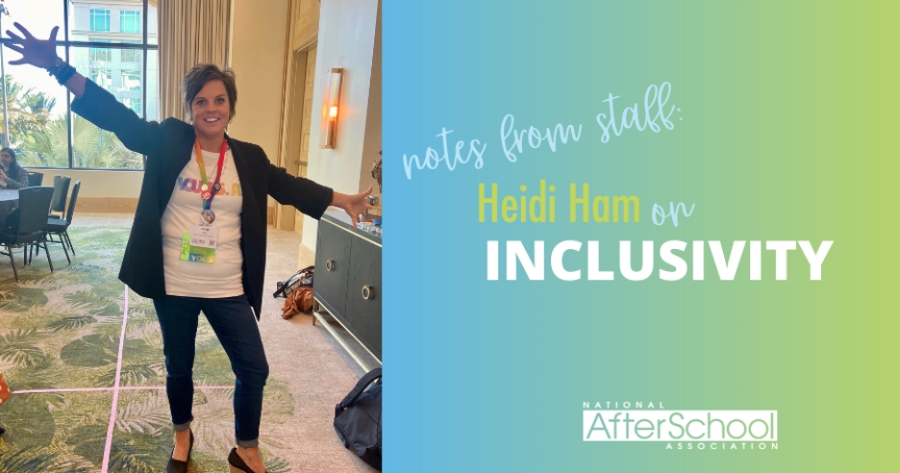I’m so glad I opened the folder earlier this month to find the Harvard Business Review Article, Seven Small Ways to Be a More Inclusive Colleague, by Nikita and Grace Lordan. The title got me, and then it got even better.
The authors describe workplace inclusion as an ever-evolving experience that requires contributions from every single employee, unrelated to their position within the organization, to make each person feel included. YES!
“Everyone can decide to be an inclusive colleague and take small actions daily to improve our workplace culture.” –Nikita and Grace Lordan.
The article defines inclusion within an organization as “accepting and valuing each colleague’s talents and qualities—without imposing conformity.” It asserts that this approach makes employees happier at work and supports employees’ unique insights and heightened productivity that benefits the organization.
Many workplace practices, including “professionalism” and other “-isms,” are born from white dominant cultural norms, and these must be examined and fixed at the systems level. But, individuals can make a difference in fostering inclusion by increasing awareness of inclusive practices and forming and practicing inclusive behaviors until they become second nature.
While the article identified seven small ways to be a more inclusive colleague, here are the top three that I commit to practicing:
- Highlight others’ contributions, especially for those individuals who don’t get a lot of visibility or who society systematically overlooks. As recommended, I will publicly acknowledge their contributions and encourage them to speak and present in meetings.
- & 3. Use gender-inclusive language and assess my vocabulary - research shows that gender-inclusive language at work improves the well-being of employees who identify as LGBTQ+. We also know that many common slang words have other offensive connotations or origins. So, I’ll be working on switching from “you guys” to “you all,” eliminating my 1980s “Dude!” as a response, and refraining from using crazy to describe someone’s actions (and surely correcting myself often as I change these habits).
If you want to learn more, I highly recommend the article and the small ways it shares to be a more inclusive colleague.
PS - I know the Golden Rule says, “Do unto others as you would have them do unto you,” but my perspective is, “Treat others how they’d like to be treated.” So if you are unsure what someone needs, ask them.
Contributed by Heidi Ham, Chief Operating Officer, National AfterSchool Association

